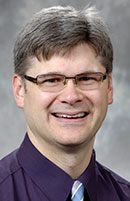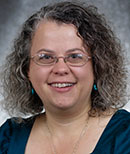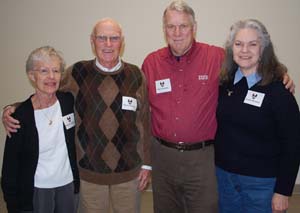 The rock musical Chess, an IUP Lively Arts production in its last week, is a story of intrigue and political manuevering.
The rock musical Chess, an IUP Lively Arts production in its last week, is a story of intrigue and political manuevering.
But not among the cast, made up entirely of IUP student actors. In them you’ll find just dedication, hard work, talent, and a love of theater.
What’s it like to be a student AND an actor at IUP? We asked Joe York (photo, right), who plays Freddie.
“One thing you can’t do is procrastinate,” says York. “You have to be on top of your game 24-7 to be able to balance school work and rehearsals and stay healthy. And you need to be willing to give up your social life.”
Indeed. The student-actors rehearse at least four hours a day during the week and maybe six hours on the weekends, York says. Preparation usually begins two months before opening night.
York, a senior musical theater major from Rolling Springs, enjoys all kinds of theater, but especially musical theater and opera productions.
He says he’s been in “too many IUP theater productions to count.” If he had to name a favorite? “Probably Chess. Or White Christmas.”
Why does he spend the hours, giving up his free time, for IUP theater?
“I love it. It’s my favorite thing. If I didn’t have theater, I’m not sure what I’d do.”
York will graduate in May and plans to pursue an MFA in musical theater playwriting.
The production is directed by Jeannie-Marie Brown with musical direction by Sarah Mantel.
“Chess is a very abstract piece,” Brown notes, “requiring a great deal of research prior to even beginning rehearsals.
“The students have worked incredibly hard, negotiating through their own class schedules and rehearsals. They have been present and attentive, and that is why we’ve been able to realize the vision for this production.”
Chess, which features hit songs including One Night in Bangkok, I Know Him So Well and Pity the Child, will close this weekend with shows at 8:00 p.m. Thursday, Friday, and Satuday. The production is staged on the Waller Hall Mainstage in the IUP Performing Arts Center. Tickets are available at the door.

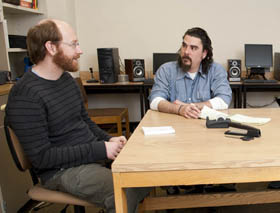 A team of experts led by IUP’s
A team of experts led by IUP’s 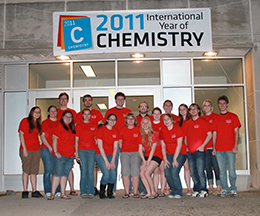
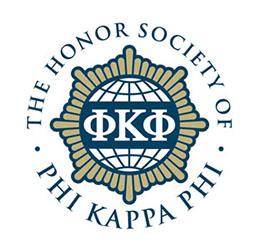 Phi Kappa Phi, the oldest, largest, and most selective all-discipline honor society in the nation, honored its IUP chapter as a “Chapter of Excellence” in November.
Phi Kappa Phi, the oldest, largest, and most selective all-discipline honor society in the nation, honored its IUP chapter as a “Chapter of Excellence” in November.
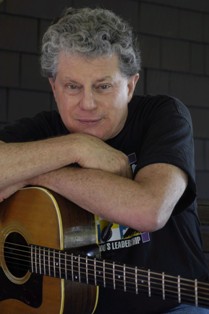 Internationally known folk singer and songwriter
Internationally known folk singer and songwriter 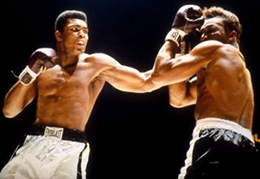
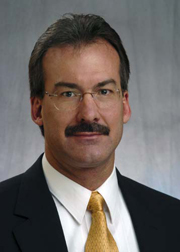 If you think the voice on the radio sounds familiar, you’re probably right.
If you think the voice on the radio sounds familiar, you’re probably right.